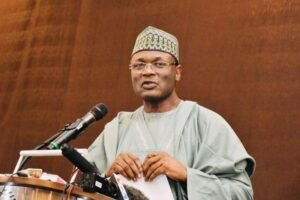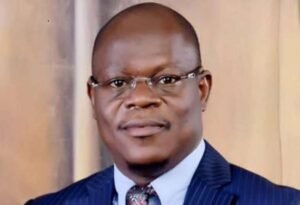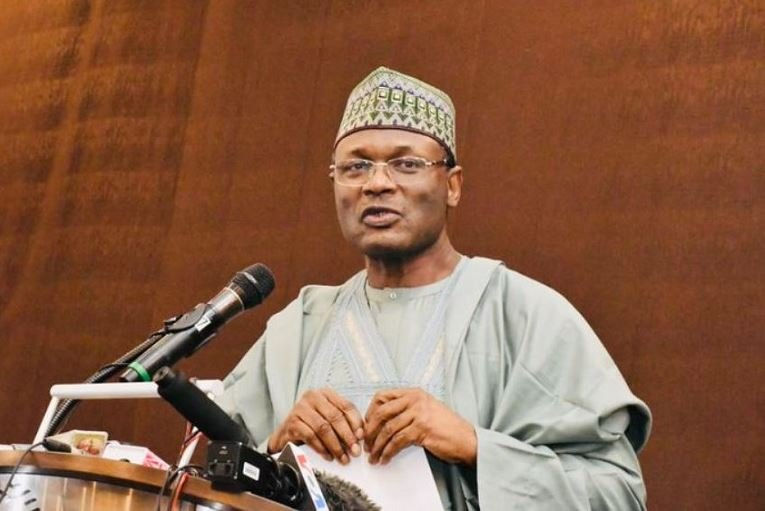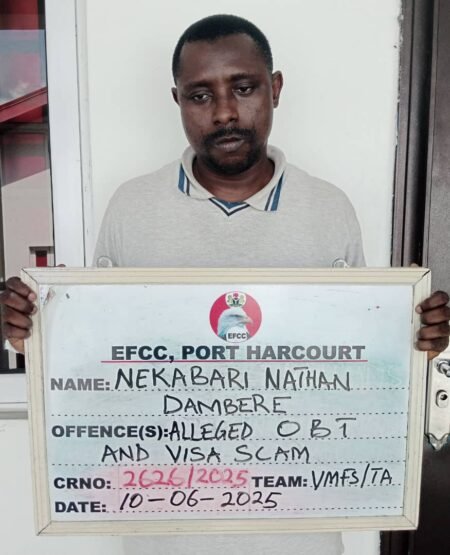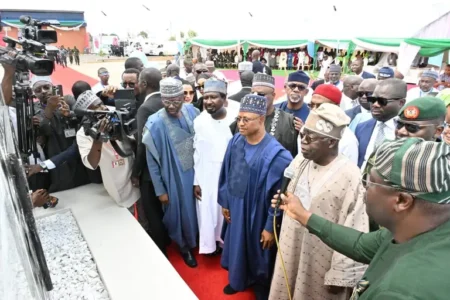Amid the ongoing attacks by suspected armed herders in the country, Fulani leaders from all 13 local government areas of Nasarawa State have urged their cattle breeders and pastoralists to live in peace and harmony with other residents of the state and Nigerians in general.
The Fulani leaders made the call on Friday in Lafia, the state capital, at a stakeholders’ engagement organised by the Fulbe Development and Cultural Organisation titled “Consolidating the Outcomes of the IDRC-SPARC GES Research Findings on the Economic Empowerment of Pastoralist Women in Nasarawa State.”
Speaking at the event, Muhammad Habib Hussaini, Nasarawa State Chairman of FUDECO, expressed deep concern about the ongoing conflict between farmers and herders in several states across the country and urged the government at all levels to work towards peacebuilding in rural communities.
Hussaini, speaking on behalf of the Fulani leaders, decried the situation and urged the federal and state governments to consider reviving most of the abandoned nomadic schools to ensure that cattle breeders and pastoralists in rural areas receive a good education, noting that illiteracy could be a major factor in the never-ending conflict between herders and farmers.
He said, “We are calling on the government at all levels to revive and reopen nomadic schools because we see it as a solution to the clashes between herders and farmers. Most of the problems happening in our pastoralist communities can be traced to ignorance, so promoting nomadic education is very important.
“We want children of pastoralists to be educated and enlightened. This will enable them to understand the dangers of engaging in any form of crisis in society.”
The Nasarawa State FUDECO chairman also discussed the recent empowerment of over 250 pastoralist women in the state, who received start-up funding, vocational skills, and other platforms for economic independence.
He mentioned that the International Development Research Centre and Supporting Pastoralism and Agriculture in Recurrent and Protracted Crises helped fund the empowerment programme, and he thanked UKAID for funding the research project that revealed the best ways to empower pastoralist women in the state.
“Your funding has enabled us to empower over 250 pastoralist women across the 13 local government areas of Nasarawa State through vocational skills training. Now, we gather to share the findings of our research.
“This project aims to promote the economic empowerment of pastoralist women, and our research has evaluated its impact, identified challenges, and made recommendations for policymakers,” he said.
Hussaini explained that the study focuses on crucial problems such as gender equality, social inclusion, and women’s empowerment.
He expressed hope that as a result of the engagement, Fulani stakeholders will collaborate with FUDECO to address the challenges that pastoralist communities face, such as limited access to social services, insecurity, marginalisation and exclusion, resource conflict, and livestock diseases, among others.
In an interview, Dr Usman Ibrahim, a Senior Lecturer at the Department of Sociology at the Federal University of Lafia and Lead Researcher, explained that FUDECO devised the plan to train women in various skills in order for them to be financially stable, citing joblessness as a major cause of insecurity in the country.
“The reason why the Fulbe Development and Cultural Organisation embarked on the training of over 250 pastoralist women, who were selected from across the 13 LGAs of the state, is to enable them to have skills that can help put food on their tables.
“We observed that over 70 per cent of pastoralist women did not receive formal education, so the association felt it was important to help them acquire skills so that they won’t consider crime as an option for their daily survival.
“We believe that if they have something to do, they will not engage in crime because joblessness is a major reason for insecurity in Nigeria,” he said.
He consequently asked the Federal Government, the Nasarawa State Government, and other decent citizens of the country to support the organisation in any manner possible so that they can reach out to more pastoralist women in rural communities.
According to our correspondent, the stakeholders’ engagement was attended by officials from various state security agencies, traditional and religious leaders, Fulani women, and youth groups, among others.

